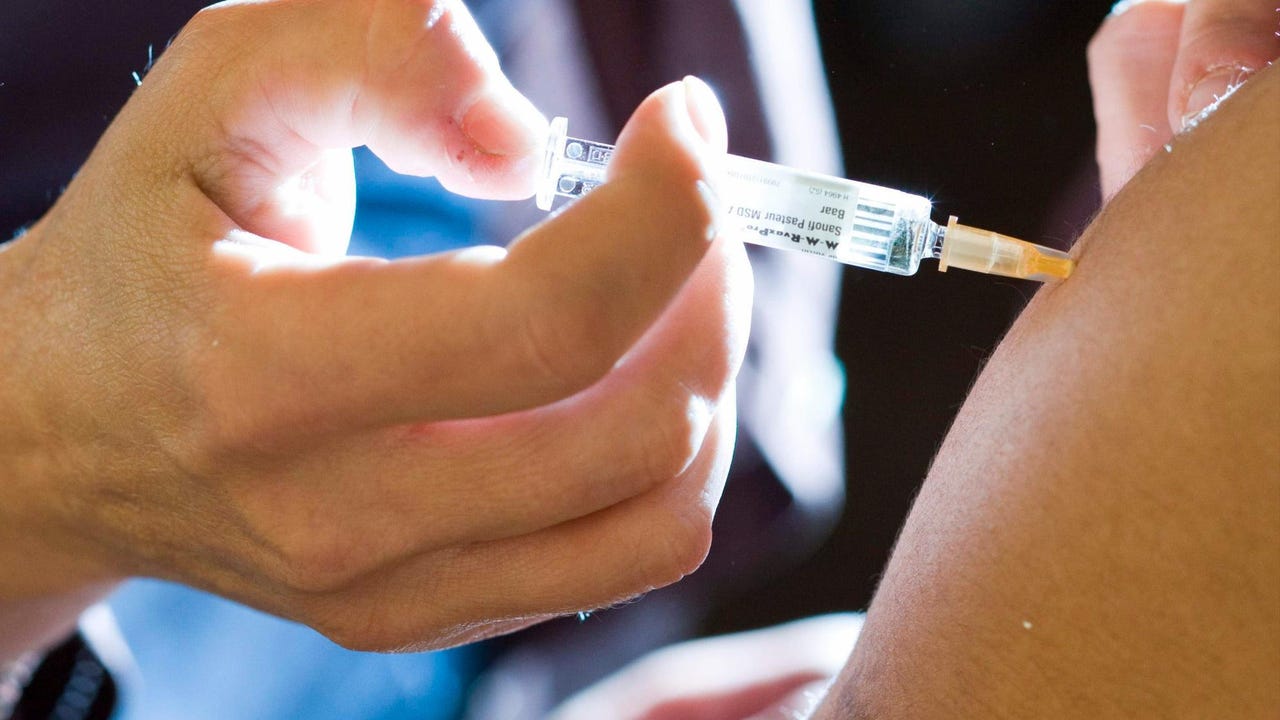Madrid (EFE).- More than 60% of young people aged between 19 and 36 in Spain are aware that social networks increase stress and anxiety, compared to 58% of the European average, and almost half (45%) admit to having experienced this. to some extent it is “fear of missing out”.
This is one of the conclusions of the “Merck Survey: Emotional Health. What moves the Z and European millennials”, was conducted on 7,500 young people between the ages of 19 and 36 from twelve European countries, which also highlighted that 92% of young Spaniards value emotional and physical health to the same extent.
Emotional and physical health
Millennials (those born in the 80s) are the generation that most values their emotional health, and 61% of them consider it a “very important” aspect of their lives, compared to 56% of Generation Z (those born in the 90s). ) and the European average.
Emotional well-being is also a determining factor in the workplace, and it is the most important thing for 91% of people to stay with a company, while 88% also highlight good conditions for personal and work lives to be in harmony.
Social networks, important for young people
For more than half of Spain’s young generation, social networks are already an important part of their lives: for 52%, social networks are “very or somewhat” important, and among them, the millennial generation (54%) is more prominent than the generation Z (48% ).
Additionally, technology is also having an impact on the attention span of young people, with 62% of Spaniards aged between 16 and 39 admitting to having lost some or a lot of concentration, 6 points above the European average.
Spaniards have the healthiest eating habits in Europe (74% versus 66%) and spend more time sleeping and resting (85%) and exercising (80%), compared with 78% of Europeans in Europe.
However, only 17% of Spanish respondents said they received professional psychological support compared to 23% of European respondents.
Artificial Intelligence and Health
46% believe that Artificial Intelligence (AI) will revolutionize the diagnosis and treatment of diseases, while this percentage increases to 48% in the case of Europe’s younger generation.
Ensuring the ethical and safe use of this technology worries 15% of Spaniards surveyed, compared to 18% of millennials and generation Z in Europe.
Those interviewed were residents of Spain, Belgium, Denmark, France, Germany, Greece, Italy, the Netherlands, Poland, Portugal, Switzerland and the United Kingdom.

“Internet trailblazer. Troublemaker. Passionate alcohol lover. Beer advocate. Zombie ninja.”







/cloudfront-us-east-1.images.arcpublishing.com/eluniverso/FTEC73B3HFHWHOUJFHJPCYHHY4.jpg)